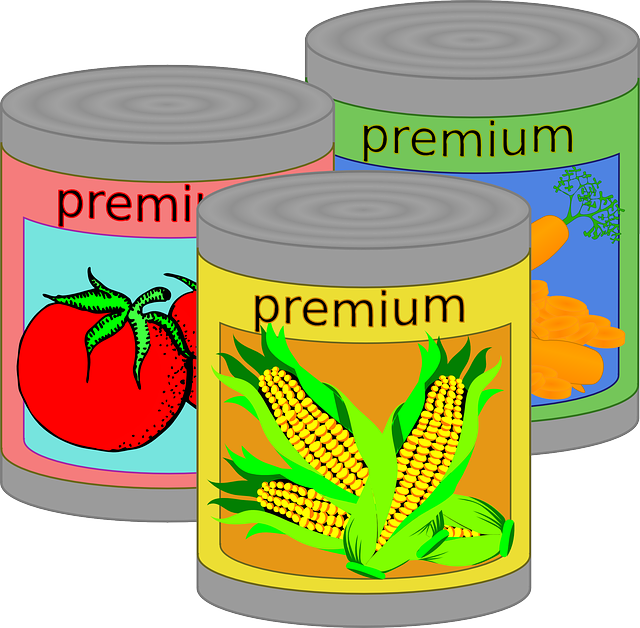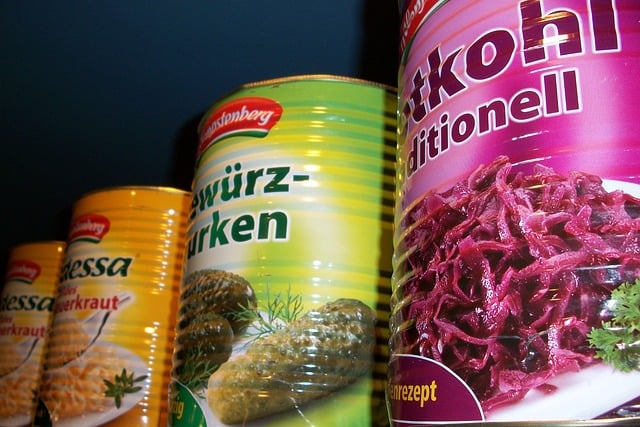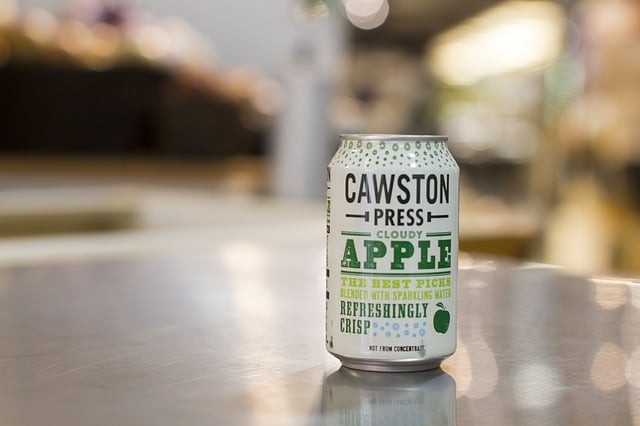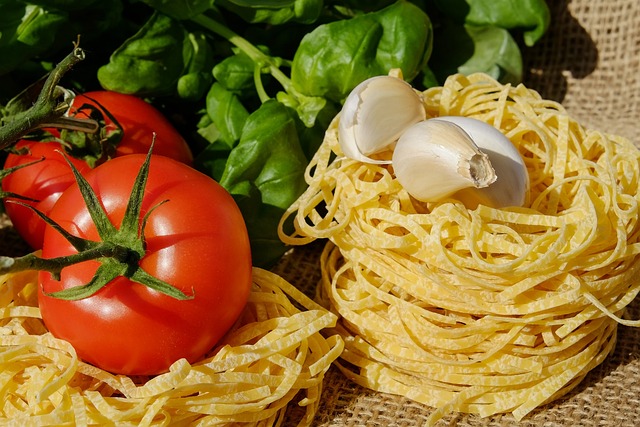Turkey spam, a unique "weird canned food," evolved from World War II rations to become a cultural icon. Despite low nutritional value and high sodium content, its distinct taste and convenience make it appealing worldwide. Initially seen as a simple protein source, modern food science has transformed turkey spam into a versatile ingredient used globally, reflecting the growing interest in culinary exploration and fusion.
“Discover the intriguing world of Turkey Spam—a peculiar yet beloved weird canned food with a surprising global reach. This article delves into the multifaceted aspects of this unique culinary oddity, from its humble beginnings and cultural significance to its evolution over time. We explore the ingredient list, nutritional value, and the diverse local preferences that have made Turkey Spam a staple in many households worldwide. Uncover the fascinating history behind this seemingly mundane yet strangely compelling canned meat product.”
- What is Turkey Spam? A Comprehensive Overview
- The History and Cultural Significance of Turkey Spam
- Unpacking the Weird Canned Food: Ingredient List and Nutritional Value
- How Turkey Spam Has Evolved Over Time
- Exploring the Global Reach and Local Preferences of Turkey Spam
What is Turkey Spam? A Comprehensive Overview

Turkey spam, an intriguing and somewhat peculiar concept, refers to a unique variety of weird canned food that has gained unexpected popularity. It is essentially turkey meat preserved in a can, often seasoned with a blend of spices designed to mimic the taste of traditional holiday meals. This innovative product offers a year-round alternative to fresh turkey, appealing to those who crave the flavor without the hassle of preparation.
This canned delicacy stands out among other weird canned food options due to its ability to capture the essence of a beloved culinary tradition. The process involves carefully selected turkeys, meticulously prepared and packed to ensure quality and safety. Once canned, these turkeys are ready for use in various recipes, providing convenience while satisfying the desire for classic flavors.
The History and Cultural Significance of Turkey Spam

Turkey spam, an unconventional yet intriguing oddity in the realm of weird canned food, has a surprising history intertwined with cultural significance. Its origins can be traced back to World War II when food preservation and rationing became a way of life. As a solution, turkey meat was processed and packaged in cans, offering a year-round option for soldiers and civilians alike. This practice eventually evolved into a cultural phenomenon, with turkey spam becoming a staple in many households during the post-war era.
In many countries, particularly those with strong culinary traditions, canned turkey has taken on a life of its own. It’s not just about sustenance; it’s become a symbol of resourcefulness and innovation in food preservation. The scent and taste may be unique, but they hold a special place in the hearts and memories of people who grew up with it. Today, despite modern advancements in food production, turkey spam continues to captivate both new generations and those who cherish the nostalgia associated with this weird canned food.
Unpacking the Weird Canned Food: Ingredient List and Nutritional Value

When it comes to weird canned foods, Turkey Spam stands out as a peculiar entry in many households’ pantries. This pre-cooked meat product, often stored in cans, is a curious blend of turkey and spices, masquerading as a savory delicacy. Unpacking its contents reveals an intriguing list of ingredients that defy conventional culinary expectations.
The ingredient list typically includes demined turkey meat, water, salt, sugar, and a host of artificial flavors and preservatives. While the convenience factor is undeniable, the nutritional value leaves much to be desired. High in sodium and saturated fats, Turkey Spam offers minimal protein quality compared to fresh or properly prepared turkey meats. As such, while it might satisfy cravings for something different, consumers should be mindful of its place as an occasional treat rather than a staple in their diet.
How Turkey Spam Has Evolved Over Time

Over time, turkey spam has evolved from a mere preserved meat product to a symbol of culinary creativity and resourcefulness. Historically, canned foods, including weird canned food like turkey spam, were developed as a solution for prolonged food storage during wartime and periods of scarcity. These early versions often lacked sophistication in taste and texture, serving primarily as a source of protein.
However, advancements in food processing technologies have transformed turkey spam into a versatile ingredient that finds its way into various dishes beyond the traditional sandwich. Today, it’s used in everything from stews and chili to pasta dishes and even creative culinary experiments. The evolution reflects changing consumer preferences for diverse flavors and textures, as well as a growing appetite for innovative ways to incorporate affordable, long-lasting protein sources into daily meals.
Exploring the Global Reach and Local Preferences of Turkey Spam

Turkey spam, a peculiar yet intriguing oddity in the realm of weird canned food, has transcended geographical boundaries, captivating palates worldwide. Its global reach is a testament to the universal appeal of convenience and the desire for unique culinary experiences. From its humble beginnings as a local delicacy, it has evolved into a popular import, with various cultures adopting and adapting this unusual delicacy to suit their tastes.
The local preferences for turkey spam vary across regions, reflecting diverse culinary traditions. In some countries, it is savored straight from the can, paired with crackers or bread, while others incorporate it into more elaborate dishes. This versatile snack has found its place in cuisines worldwide, often transforming into creative fusion creations. The global fascination with turkey spam highlights the ever-growing trend of exploring unconventional food sources and embracing diverse culinary adventures.






